Subscribe for Access
Today’s Daily is inspired by NEARBOUND and the Rise of the Who Economy by Jared Fuller. Get your copy on Amazon today.
Stop forcing and start finding
The market, like an ecosystem, is emergent.
One person or company cannot create the entirety of the market—it forms organically through collective actions and needs.
This is the point that Jared Fuller opens the “Nearbound Marketing” section with in his new book, NEARBOUND and the Rise of the Who Economy.
He cites Nobel laureate, Friedrich Hayek, and his term “market economy”:
“[The] market economy [is] as an information processing system characterized by spontaneous order: the emergence of coherence through the independent actions of large numbers of individuals, each with limited and local knowledge, coordinated by prices that arise from decentralized processes of competition.”
We often compare partner ecosystems to their ecological counterparts, and it’s a mistake to not do the same with the market itself.
Because if the market is an emergent order, a naturally occurring exchange of knowledge and resources, then the role of the marketer is to think outside the box to nurture and influence what the market is naturally demanding to benefit from its abundance.
Let me put it another way:
My partner is a rancher here in France and often comes home with stories and news about organic and ecological farming practices being executed in the region.
.avif)
It’s the ’who economy,’ not the ’moo economy’
The other night as we ate dinner, he shared the story of a man who bought roughly 100 acres of completely nutrient-stripped farmland.
Instead of trying to chemically kick-start it into producing, he decided to do something else:
Let it do its thing.
People thought he was insane—all that land just sitting there?! But for three years, he let the natural cycles heal the soil. No chemicals, no tilling, no hunting—he just let nature work until the soil was rich enough to harvest once more.
Now, his farm is booming.
I don’t share this story to infer that marketers should sit back and do nothing, but that we should think of ourselves as discoverers, nurturers, or excavators rather than fancy pants architects or bulldozers.
You can’t force the market, but you can align with it.
The relationships you want with your buyers already exist out there in the wild. The exchanges of trust and resources you want to be a part of are already occurring.
So, how can you find their stories to tell your own? How can you align yourself with that trust instead of trying to till it up and start over?
Trust comes from those who help
Outbound targets and inbound attracts, but nearbound surrounds and connects through trusted relationships.
Developing any marketing content, campaign, or event that does not involve people buyers already trust would be like the farmer from my partner’s story trying to force his land to do something it didn’t want nor need.
He would’ve likely failed—and probably wasted a lot of resources in the process.
Nearbound marketing means working and marketing with people who already have relationships and operate in the same spaces as your target audience.
The ones that are already aligned with your buyers’ natural order.
Here’s the nearbound marketing playbook Jared shares for finding and activating the people and stories that yield the biggest harvest for your company:
- Define your ICP (Ideal Customer Profile): We can see this as putting the fence up around our own 100 acres of land. The market contains millions of niches and watering holes—which one do your customers live in? Which one can you help the most?
- Establish a strategic narrative: In marketing, it’s easy to focus solely on what our company or product is. But it’s important to remember the outcomes. How will your product help your plot thrive?
- Assemble a nearbound marketing team: Who are the people down in the mud with you, helping steward the land and the things that grow on it? More importantly, who has done what you’re trying to do successfully?
Jared, Isaac Morehouse, and Logan Lyles explain that these should be people who want to find, spread, connect, and validate the stories naturally occurring in your ecosystem. - Activate Your Evangelists: Who are the neighbors, teammates, and townsfolk with the skills and social capital to help you and your 100 acres thrive?
- Iterate and Scale: How can you hone your practices alongside your team and evangelists to provide a bigger yield season after season?
Be sure to get your copy of NEARBOUND and the Rise of the Who Economy to get the complete playbook, including how to execute these 5 steps today.
Some news from Google
Google unveiled a major Search Partner Network update: it’s offering advertisers increased insights and control over ad placement within the Search Partner Network (SPN).
SPN works like this:
You google something, you click on a link, and SPN pushes a "relevant" ad to the next site.
But there are a couple of problems with that:
- Sometimes sites and the ads don’t match up (ICP for ICP)
- Sites that haven’t earned your trust harm the ad’s trust
Where before, companies might’ve accepted a spray-and-pray method of advertising, they’re now recognizing the need to take a focused approach.
Nearbound = efficient.
Spray-and-pray = inefficient.
The companies that win in the era of the ecosystem will focus more on advertising to their ideal customers’ specific ecosystems.
Read a press release on the update here.
Share this with a marketer who likes to play in the mud
Know a marketer who likes to get their hands dirty with partners? Send them this NbD.








%20(1).jpg)
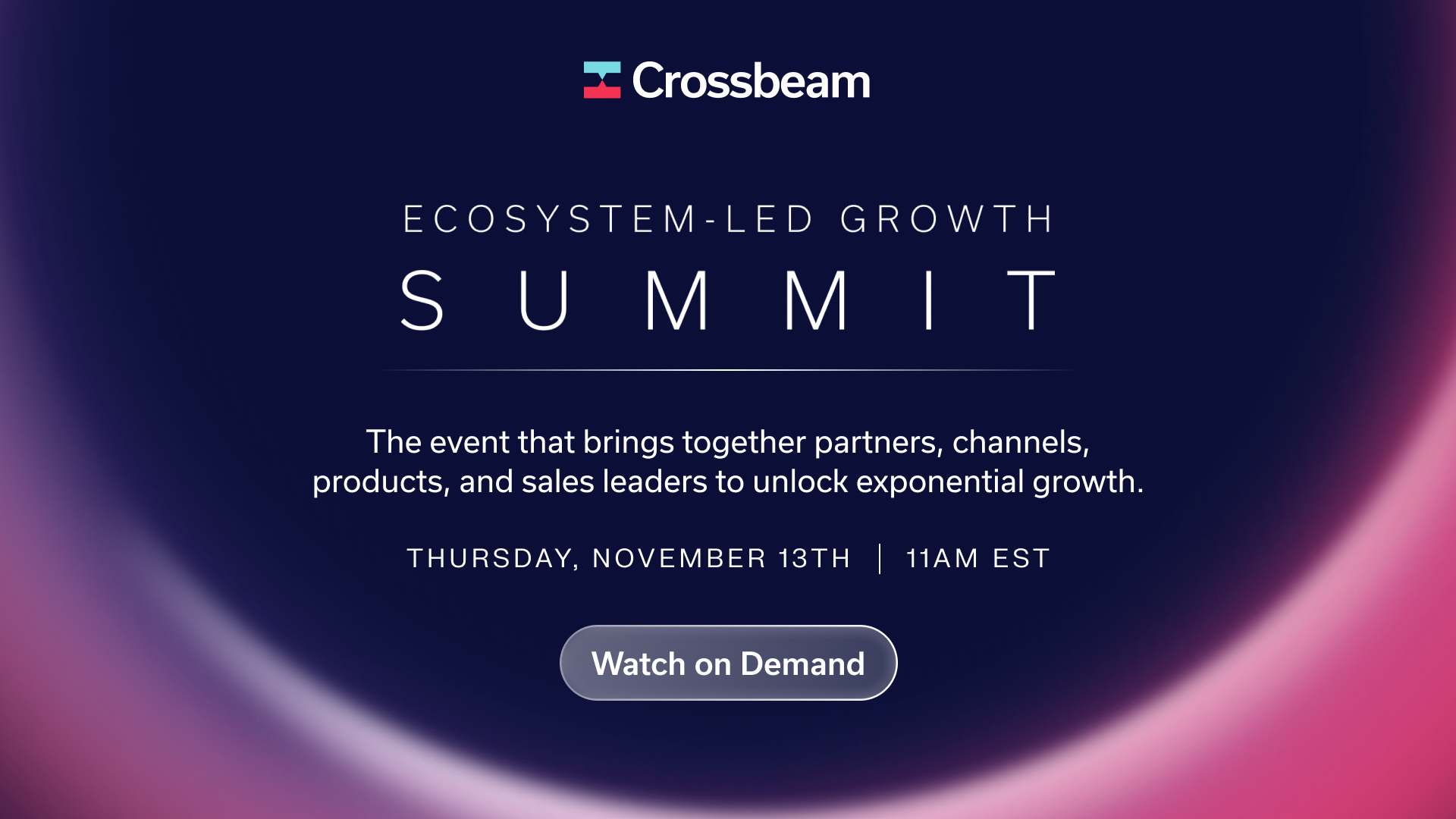

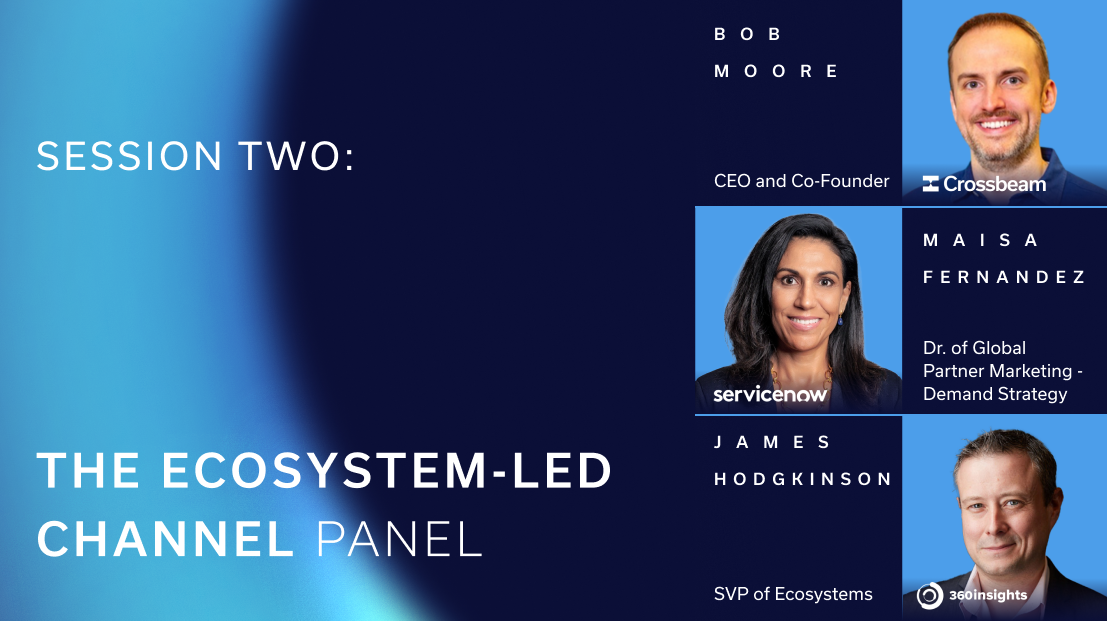



.png)
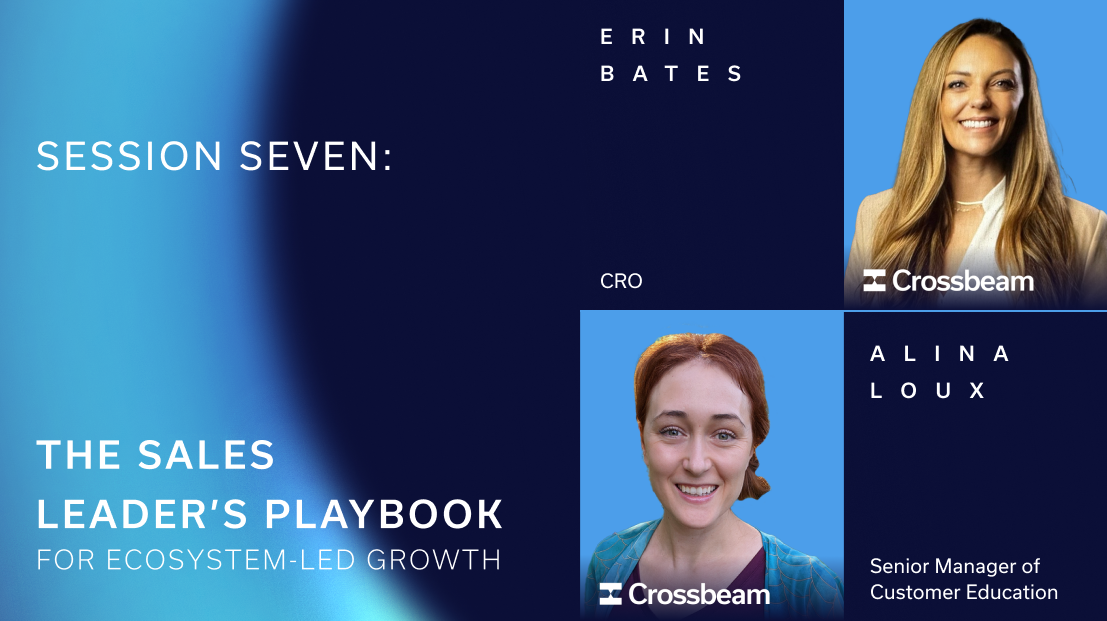




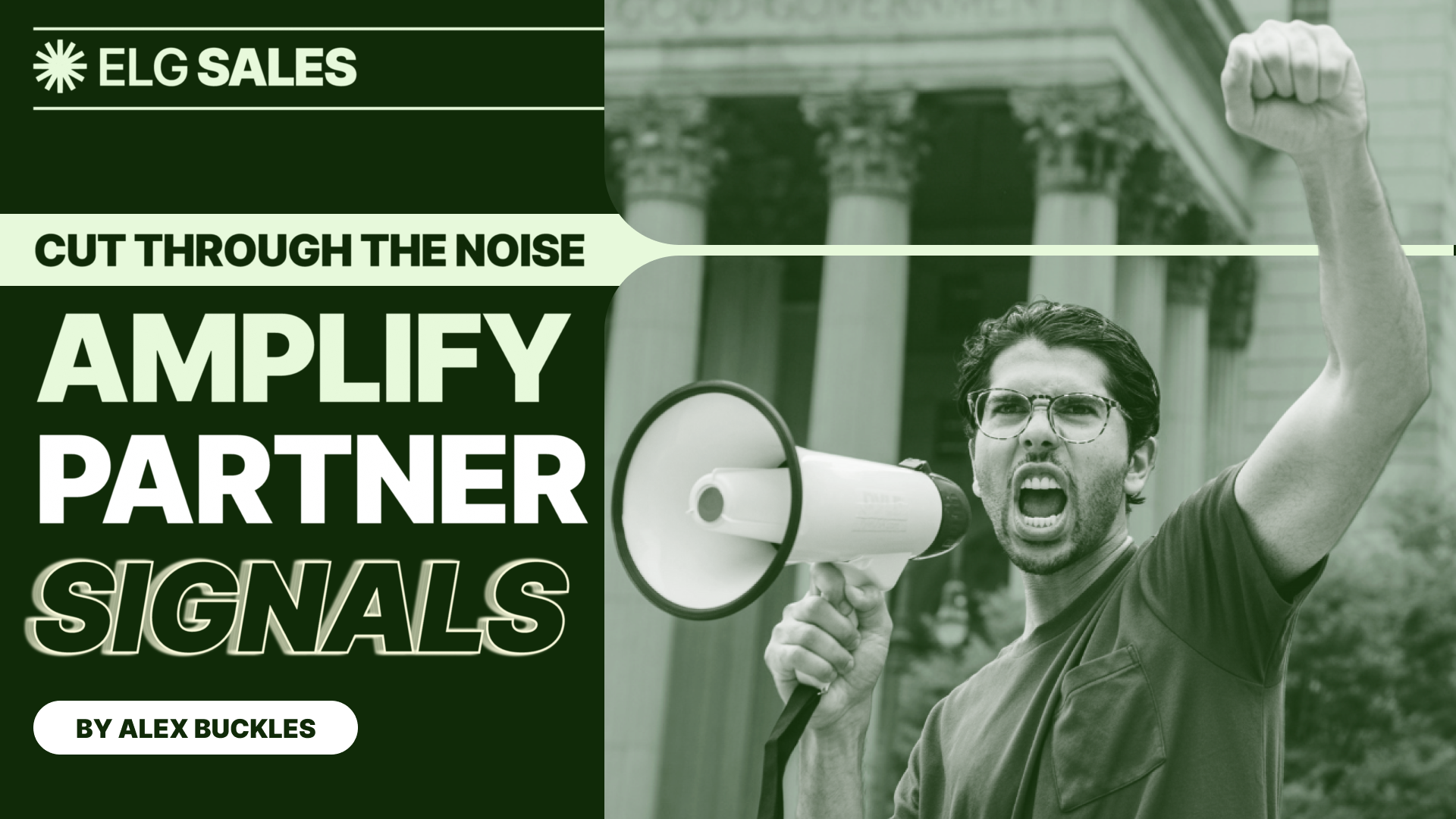











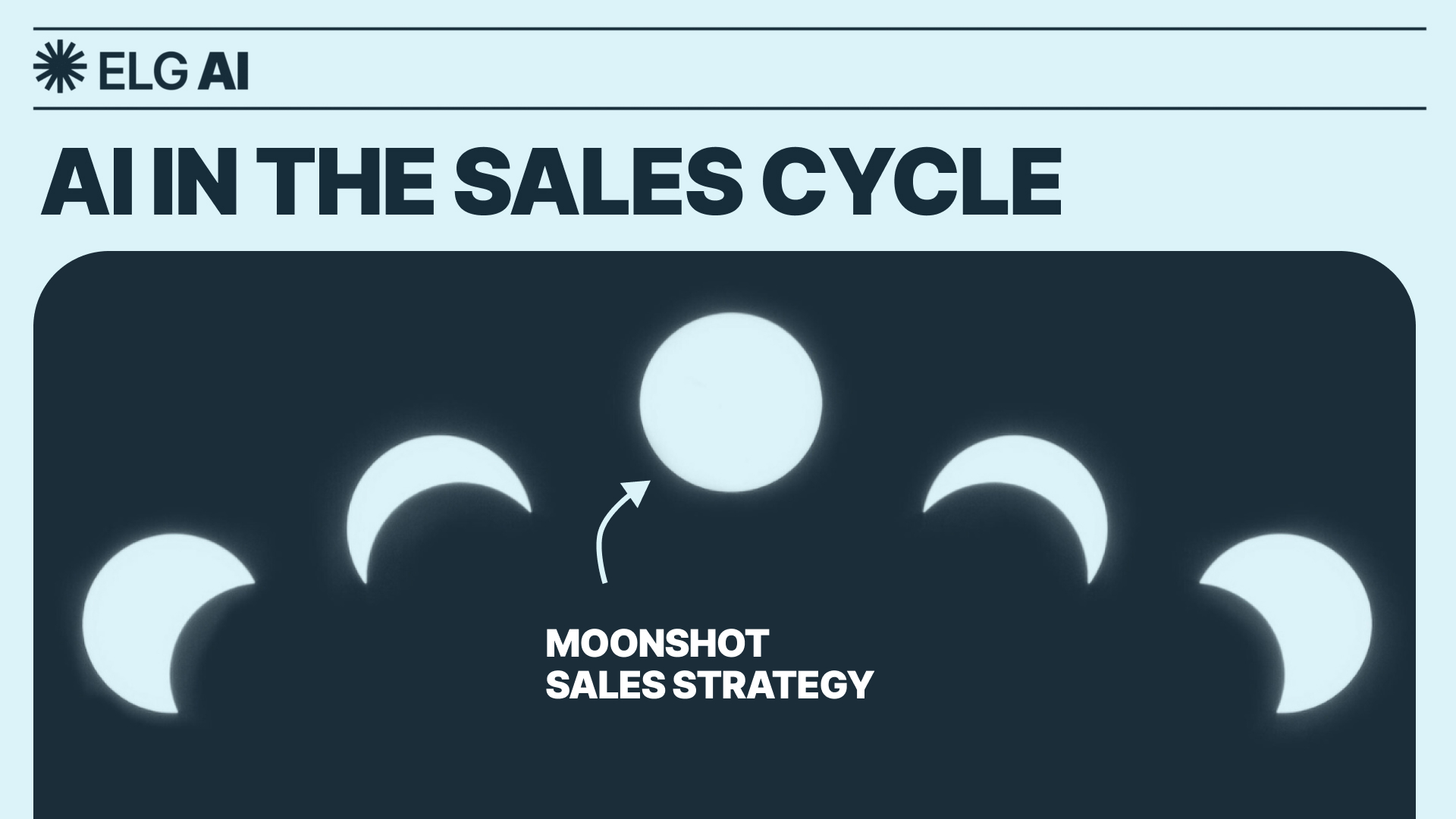










.jpg)




.png)



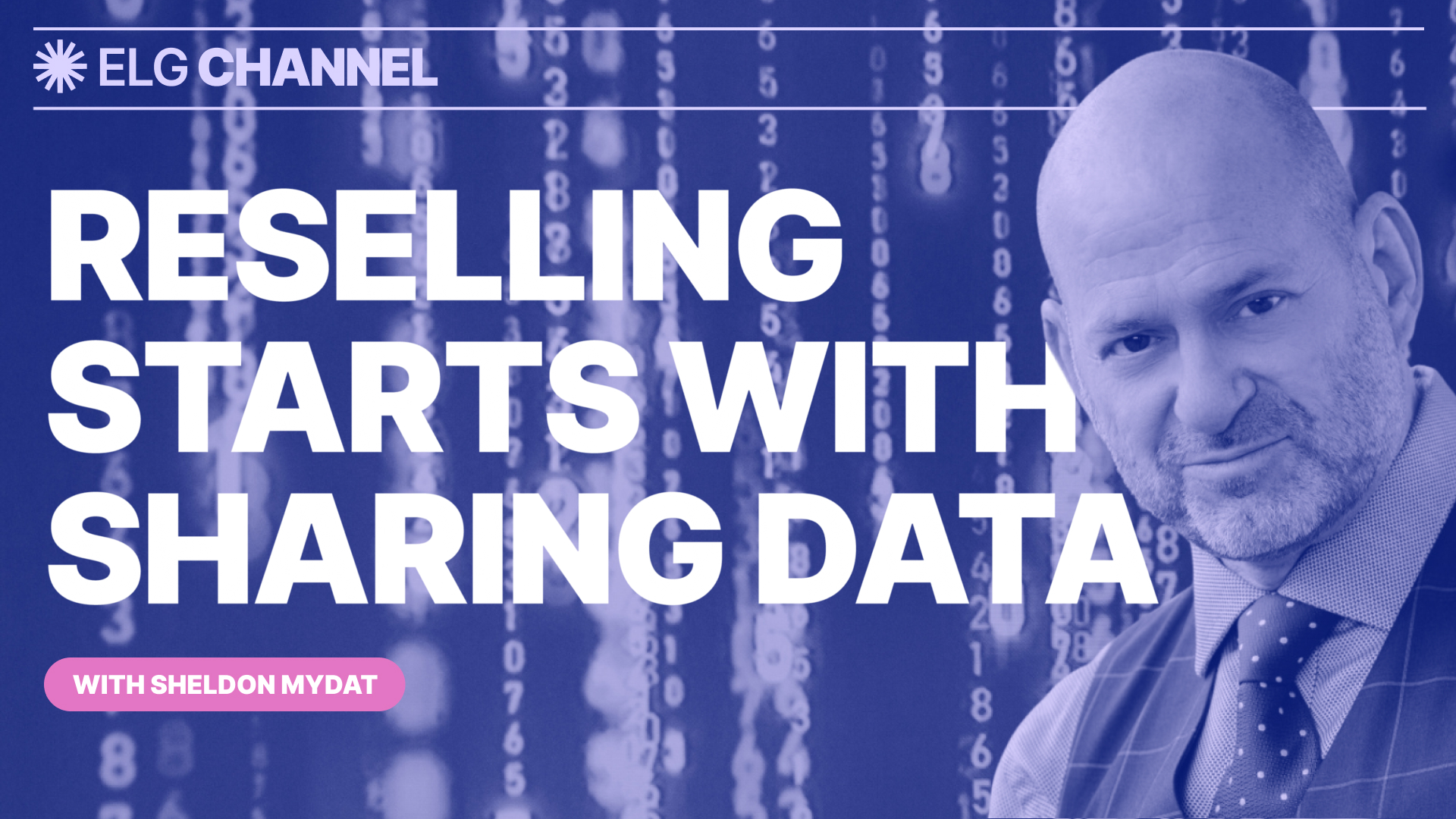


.jpg)





.jpg)

.webp)


















.webp)















